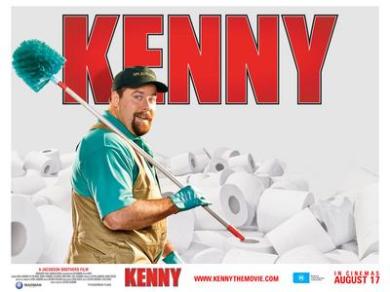All in all, I thought our group did a great job in creating an interesting, insightful seminar that gave students a real understanding of the best ways to get jobs overseas. I feel that I played a major role throughout the semester in making it successful.
I did have some trouble working my way in to the group initially as I came three weeks late into the semester. It was difficult to adapt to the new semester and come on into a group that already had a path and a direction they wanted to go in. So I had to be open minded and go with whatever they wanted, as I was the one that came late and needed to do whatever needed doing. Finally, I took on the role of social media manager. This meant running our social media platforms before the seminar and throughout it. I believe this was a very important role as social media is one of, if not the biggest thing today. It is an important aspect in getting hype surrounding our seminar as well as putting forward information about the seminar and other media industry news. I think that I did a very solid job and did what I needed to do. It was done in a very professional and competent manner, I was very consistent and made sure there were Facebook and twitter updates occurring daily. And once the seminar began I was putting up posts and updates very rapidly and instantaneously. I put up quotes of some interesting things our guests were saying. I also managed the Q&A and tried to get people to ask questions via social media.
While I stuck to my job and made sure it was done properly I also went outside of my job and helped do whatever needed doing. I didn’t want to be too one-dimensional and wanted us to succeed no matter what. This meant going outside of my comfort zone and do things I didn’t think I would be doing. Some of those things consisted of putting up posters around the entire university, collating all the photos of our guests etc. I was also always available and attended most of our group meetings and discussions except for when I had a family matter or I was extremely sick. I gave advice to areas I wasn’t in charge of and just made sure I was collaborating and participating whenever and however I could. I was at the seminar an hour and a half before helping to set up and make sure everything was being done so we were ready in time for our audience. While it was very frustrating that only half our group showed up early and the other half only came half an hour before the seminar we couldn’t get too angry and had to keep focused and make sure things were done quickly so we could get the show on the road. I carried down couches, organised the chair set up, put up posted, helped with the lights and was just an extra hand when someone needed help. Once our seminar was over I also stayed back an extra hour to help pack up and bump out.
There was definitely value in the seminar series and something that I will take into my future career. When we first got given the task of creating the seminar it seemed very daunting and I couldn’t imagine how we would pull off such a task. I felt that we were small university students and there was no way we would be able to get real professionals to come and speak to us. Once we got into it, however, I was pleasantly surprised. I thought it was incredible how open and friendly these people were. Professionals are so keen on talking and helping other people out. I guess they realise that they used networking and favours to get them to where they are today so there is no reason to stop and become ‘too high’ to help people below them. Once upon a time they were in the same position as us, relying on favours and the good will of people in a higher place as them. I have learnt so much from this idea and it has made me realise how important networking is. In every single seminar, the professionals stressed how important it is to make contacts in the industry and to keep them. If there is one thing I will take out of the seminar series, it’s networking and how important it is. It’s all about the people you know. People don’t just get jobs overnight and like all the professionals said, it’s about being open minded and enthusiastic and always saying yes to any opportunity that comes your way; paid or unpaid. Bigger opportunities and networks come from the smaller ones. I’ve learnt that it’s all about persistence and never being scared of something that seems too hard. Like I said, I thought that creating a seminar was far beyond my reach, but I was wrong. I feel like it’s the same for when I go out into the industry. Anything is possible.


